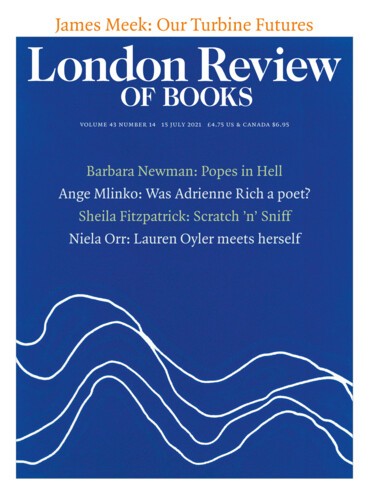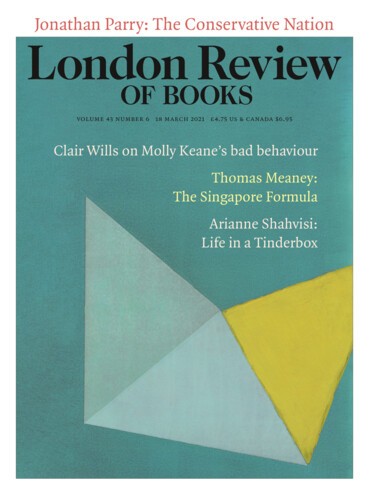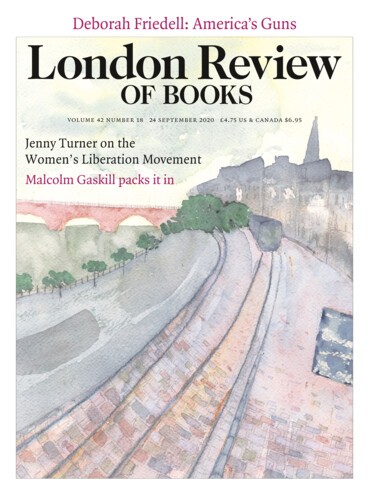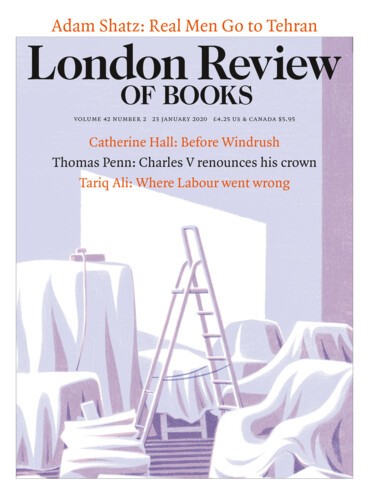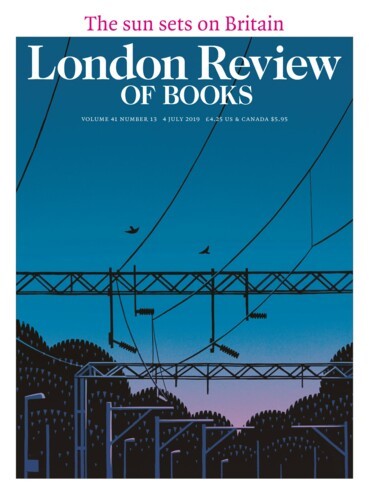Philosophical Vinegar, Marvellous Salt: Alchemical Pursuits
Malcolm Gaskill, 15 July 2021
The world they sought to understand belonged to them all, and demanded that a gifted few should work together to interpret the writings of former ages. Alchemists resembled learned theologians poring over the gospels, wary of mangling a single meaning and so missing or misrepresenting a holy truth. And with alchemy, everything needed interpretation because everything was obscure.
